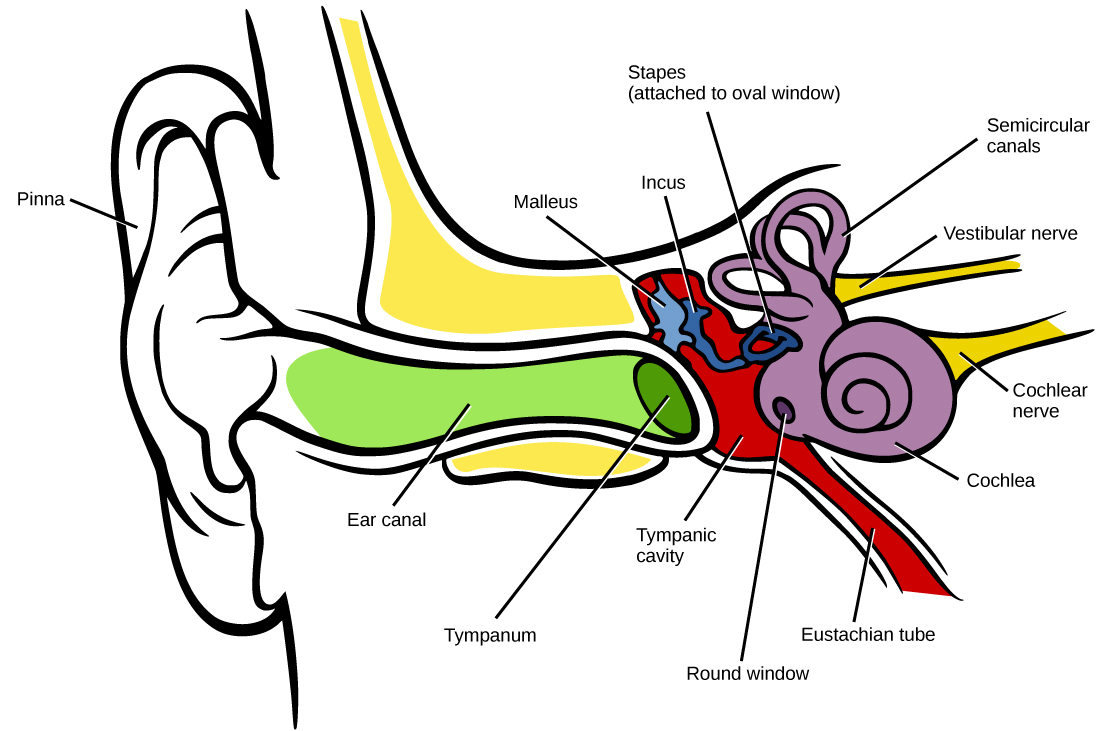
Slowing down is one of the best ways we can get our mind and body to communicate what we really need for nutrition. slowing down and eating and stopping when your body says its full.
Signal path think about your mind full#
1) Let your body catch up to your brain Eating rapidly past full and ignoring your body’s signals vs. Here are six simple guidelines to keep in mind to discern between mindless and (more) mindful eating, and bring our bodies and minds back together. Especially during the craziness and stress and extra food of the holidays, that Halloween to New Years stretch in which are more likely to eat mindlessly than mindfully.

What I want to offer in this piece is what I call more mindful eating, perhaps “informal” mindful eating as opposed to formal mindful eating. So have some self-compassion, and consider formal mindful eating on retreat and special occasions, as well as informal mindful eating in your daily life. This is not to mention that our friends, family and colleagues might not have the patience to eat with us as we take five minutes with each bite. Learn more about cognitive health and take steps to help you stay healthy as you age.Eating as mindfully as we do on retreat or in a mindfulness course is not realistic for many of us, especially with families, jobs, and the myriad distractions around us. There are things you can do to help maintain your physical health and that may benefit your cognitive health, too. He or she can help you determine whether the changes in your thinking and memory are normal, or whether it could be something else. Talk with your doctor if you’re concerned about changes in your thinking and memory. Research is ongoing to understand what sets these people apart to help others prevent (or reverse) age-related cognitive decline. These people, called cognitive super agers, have memory performance comparable to people 20 – 30 years younger. Some people in their 80s, 90s, and beyond defy the common assumption that cognitive decline goes hand in hand with aging. There is growing evidence that the brain maintains the ability to change and adapt so that people can manage new challenges and tasks as they age. Needing that extra time is normal as we age. However, if given enough time to learn a new task, they usually perform just as well. For example, some older adults may find that they don’t do as well as younger individuals on complex memory or learning tests. These changes in the brain can affect mental function, even in healthy older people.

Certain parts of the brain shrink, especially those important to learning and other complex mental activities.Research shows that older adults can still:Īs a person gets older, changes occur in all parts of the body, including the brain. Whether and how older adults apply this accumulated knowledge, and how the brain changes as a result, is an area of active exploration by researchers.ĭespite the changes in cognition that may come with age, older adults can still do many of the things they have enjoyed their whole lives. Older adults may also have learned from a lifetime of accumulated knowledge and experiences.

For example, many studies have shown that older adults have more extensive vocabularies and greater knowledge of the depth of meaning of words than younger adults. Visit the Clinical Trials Finder to learn about clinical trials and studies near you and consider joining a study to be a partner in discovery.Īging may also bring positive cognitive changes. Researchers are working to understand normal brain aging, why some people stay cognitively healthy longer than others, and what might protect your brain as you age.



 0 kommentar(er)
0 kommentar(er)
